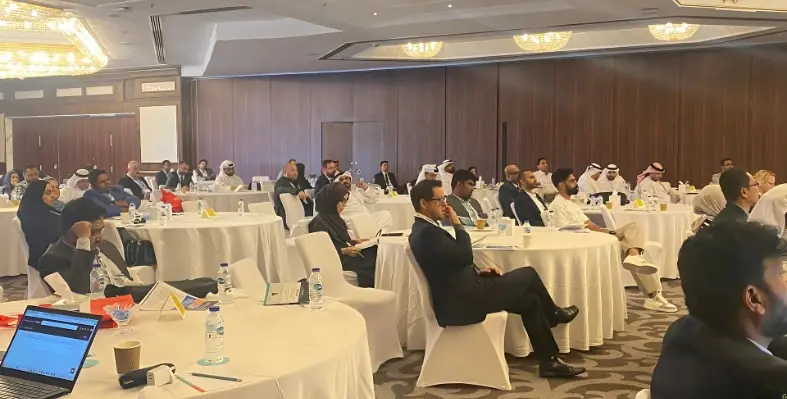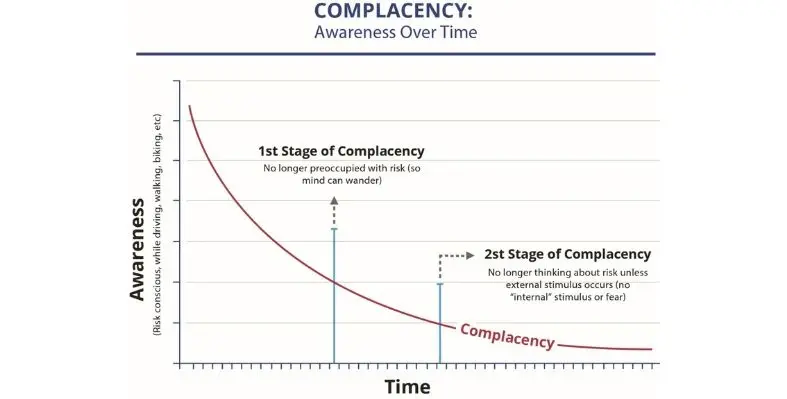Axon Technologies, the UAE-headquartered leading information security solutions provider, announced that its Security Operations Director David Brown will be speaking on ‘Cyber Hygiene: Beyond the Common Talk’ at Intersec 2022 – The Cyber Security Lab
Brown will examine the importance of cyber hygiene, discuss what is currently lacking in the industry and how organisations can implement effective best practices for a safe and secure digital future.
Cyber hygiene refers to habitual practices and steps to ensure the safe and secure management of mission-critical data and networks. These actions help identify potential risks and vulnerabilities and implement strategies to address them. Cyber hygiene is critical to strengthen the security posture of an organisation. In the increasingly digital world
Most organisations follow practices such as ensuring routers and firewalls are installed and configured accurately, updating the list of authorised and unauthorised users, enforcing strong password rules with two and multi-factor authentications, and so on. However, there are many other aspects that are neglected when it comes to deploying cyber hygiene practices, which are vital for holistic cybersecurity including data encryption and classification, disaster recovery processes and digital footprinting, among others.
“Intersec 2022 is a valuable platform for all stakeholders to come together and discuss emerging trends and key issues. The high-profile event sets the tone for the security industry for the year,” explained Brown. “The threat landscape is ever-changing, and therefore it is vital that organisations set up routine checks to stop cybercriminals. Deploying robust cyber hygiene habits allow organisations to have enhanced situational awareness, enabling early mitigation of threats in the attack lifecycle. We look forward to educating customers on how to implement healthy cyber hygiene practices to strengthen their digital security postures.”

























